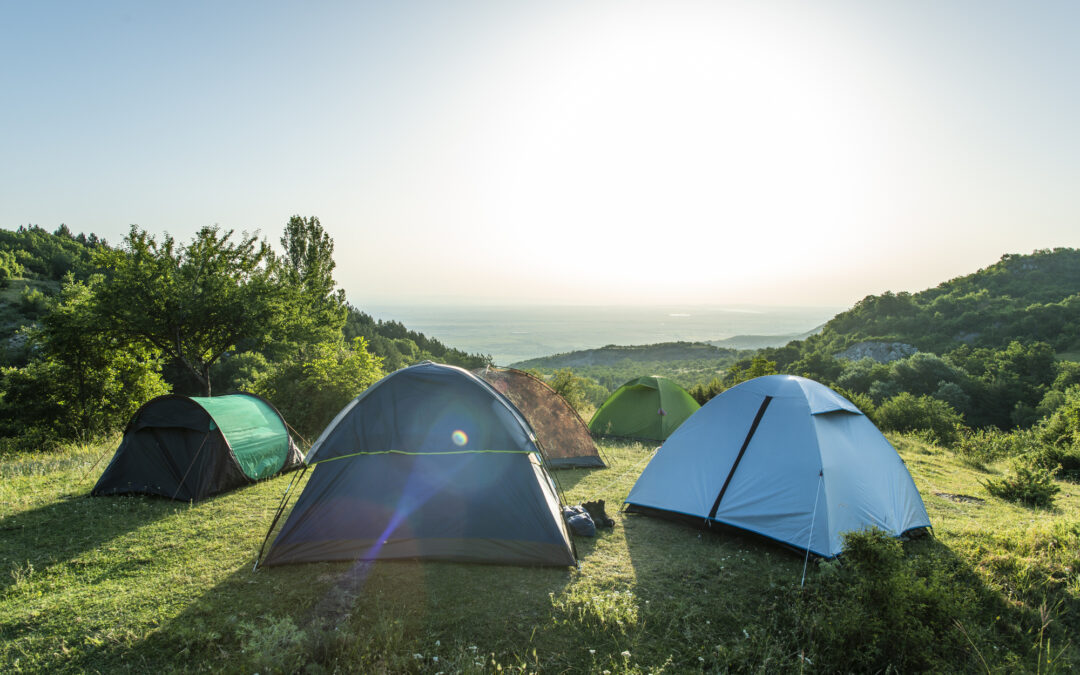Are Ancient Customs Adapting to Modern Society?
It’s an integral part of the American Jewish experience—spending a part of every summer at camp. Studies show that nearly half of all Jewish people across the United States went to a faith-based camp while they were growing up. How did it all start? When did it become such an important part of the American Jewish experience?
The Origins of Jewish Summer Camp
Scholars say that Jewish summer camps first appeared in America around the end of the 19th century, arising for a broad array of reasons. The living conditions in many cities brought on by the industrial revolution, the growth of factories and massive immigration of European Jews to America—social reformers sought a way to take young children out of the crowded and often unhealthy living conditions in many of the industrialized cities. In 1893, the Jewish Working Girls Vacation Society sponsored the first known Jewish summer camp.
The interest in camping, though, was not just within the Jewish community. The Progressive Movement in the United States, strong in politics from the 1890s through the 1920s, saw nature as a healthy alternative to the squalor of the city. The camp experience evolved as a way to reconnect with the natural world. From the beginning, there were typically two types of camps—secular camps and religious camps. Many of the religious camps were run by Christian denominations and even at a lot of the secular camps, Jewish children were not welcome.
Additionally, Jewish leaders saw the Jewish summer camps as a way to immerse young people in Jewish culture and tradition. Many worried that the diaspora in the United States might lose its connection with traditional Judaism and saw the Jewish summer camp experience as an opportunity to keep the culture alive.
The Post-War Boom in Jewish Summer Camps
Though Jewish summer camps had been around for decades, their popularity exploded after World War II. The post-war years saw unprecedented assimilation of Jews into middle-class mainstream culture, which in turn raised concerns about the potential loss of Jewish traditions and culture. In addition, the world had just witnessed the Holocaust. The summer camps then became a way to reestablish Jewish customs and foster a new sense of pride within the Jewish community.
Jewish Summer Camps in the 21st Century
Though the numbers of attendees at Jewish summer camps is nowhere near what is was in the 50s, 60s and 70s, they are still an essential component of the American Jewish experience. The Foundation for Jewish Camp reported, in 2018, that there were 166 member camps within its network, an increase of six over the prior year. Those camps enrolled more than 80,000 campers, also an increase from 2017.
Gutterman’s and Gutterman Warheit—Meeting Your Funeral and Burial Needs for Five Generations
At Gutterman’s and Gutterman Warheit, with chapels in New York and Florida, we have provided comprehensive funeral and burial services to individuals and families in the Jewish community for more than 125 years. We can provide guidance and support on every detail after the death of your loved one, helping you select a monument, working with you to put together the order of service for the memorial, selecting a casket, making preparations for sitting Shiva or creating a Yahrzeit calendar. We will also work directly with the Chevra Kadisha to ensure proper ritual cleansing of the body before burial.
To learn how we can be of assistance, contact us by email or call us at one of the numbers listed below.
Gutterman’s & Gutterman Warheit — Where Relationships Matter
Family Owned and Operated Since 1892
Rockville Centre: (516)764-9400 | Woodbury: (516)921-5757 | Brooklyn: (718)284-1500
Boca Raton, FL: (561)997-9900 | (800)992-9262

